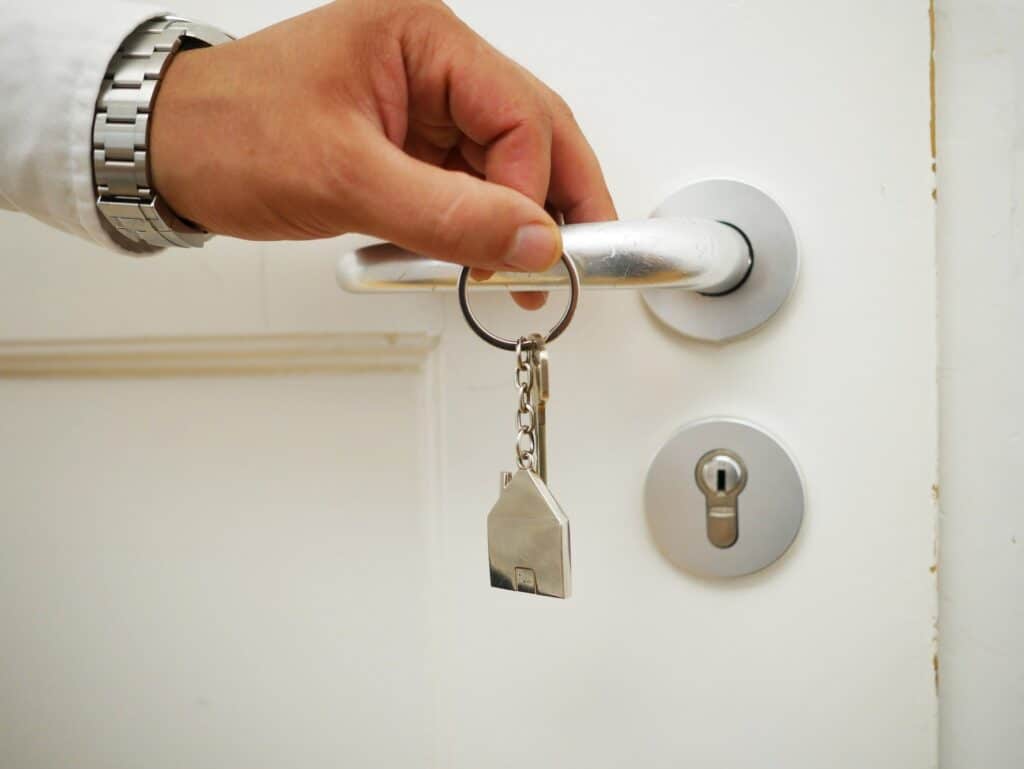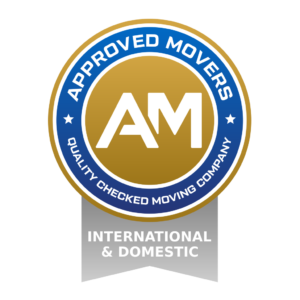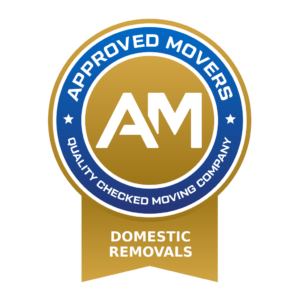A Quick Start Guide
It’s no secret that the removals business has been booming since the lockdown ended, as house moves have been at record highs. And although there are some concerns about the future of mortgage rates, the number of people on the move remains higher now than pre-pandemic.
With people moving house more often, there’s always demand for reliable and experienced removalists. But starting a removals business can be daunting – where do you start? This definitive guide will take you through everything you need to know to get your business up and running in 2023.

The seven steps to starting a removal company
1. Define the area you cover
You probably don’t expect to go national on day one. The average distance most people move is just nine miles. That means that for most jobs, you won’t have to worry about picking up or unloading significantly out of the area.
That said, you’ll want to keep your options open – as the distance increases, so can your prices (and expenses).
2. What services will you offer?
Man and Van.
This service is a fantastic product for smaller businesses to use to boost
their income. It requires minimal equipment, so you don’t need to invest heavily in vans or packing materials.
Full removals and packing services.
This service best suits experienced movers with the right insurance and equipment, including larger 3.5-tonne Lutons and box vans. You’ll also need staff to help with loading, unloading, and driving – as well as a team of packers to properly wrap and protect belongings. You’ll want to invest in padded covers to wrap and protect TVs, seats, artwork, and other larger items.
Storage.
It’s not just about moving personal items, but storage too! You can provide
storage solutions in transit – use a large van to collect belongings and store them in a secure location, or you could offer clients full-service storage solutions.
Self-load.
Here you supply the vehicle and driver only. The client takes care of packing
and loading. This budget-friendly option usually works well for shorter moves where access to a parking space is easy.
Supplies.
If you want to supply packaging supplies to your clients, these can be
promoted in many ways. You can sell the products to your client, providing them with easy access to the necessary materials. Or you could provide packing products, such as moving boxes, bubble wrap, and so on, and then collect them back afterwards for reuse as proof that you are attempting to run an environmentally friendly business.
Office removals.
In addition to residential services, you may be interested in working
with commercial clients. Typically, office removals require more specialised services and equipment – such as computer move packs, furniture trolleys, and other specialist items.

3. Obtain appropriate certification and insurance
Regardless of the services you decide to offer, you’ll need the appropriate certification – usually a removals license and a certificate of public liability insurance. This ensures that you are legally allowed to carry out removals work and have the necessary cover in case something goes wrong.
If you are moving homes above 500 cubic feet (about the size of a one-bedroom flat), you will need to use a van or lorry over 3.5 tonnes, and therefore you’ll require an Operator’s Licence. Without this, you will be limited to using multiple small vans, making the move slower, less efficient, and more costly.
Public liability insurance and Goods in Transit insurance are vital to protect yourself against damage or loss of goods while they are in transit.

4. Market your services
Once you’re up and running, it’s time to start promoting and marketing your business. In these modern times, the most effective marketing strategies are all online. The first step to establishing your web presence is create a website that sets out where you operate and what services you can offer.
You can then begin to promote yourself in one of three main ways:
Search Engine Optimisation (SEO)
SEO is the process of making your website appear higher up in search engine results. This will help potential customers to find you more easily and helps attract organic traffic.
Social Media Campaigns
(SMC)
You can use social media platforms such as Facebook and Instagram to promote your business, engage with potential customers, and build a strong brand presence. Social media combines word-of-mouth marketing, organic advertising, and building relationships with potential and existing customers.
Pay-per-Click advertising
(PPC)
You can run campaigns on Google and other search engines, which places your adverts at the top of the page when someone searches for a removal company. You pay when someone follows your link, hence the name pay-per-click.
If you’re unsure of how to get started with designing a website, get in touch with Removalspal, we offer a great range of hosted plans with branded business emails, perfect for any removals business.
Finally, don’t forget to advertise your services in your local community – run promotions or offer discounts. You could also join a local chamber of commerce, attend networking events to get your name out there or even invest in radio or newspaper advertisements.
5. Research the competition and set your prices
To begin with, all you’ll know about your costs will be an estimate. This makes it hard to begin to set your removal company’s pricing structure. A great way to get a jump start on this is to do some competitor research. See if you can obtain quotes or ideas on prices from the competition. Monitor their social media and how they are doing on review sites like Trustpilot.
6. Join relevant organisations
Becoming part of a professional organisation is essential for any removals business – it not only helps protect you and your customers but also demonstrates that you take your profession seriously. Several organisations in the UK offer membership schemes:
The British Association of Removers (BAR), the National Guild of Removers and Storers, and the Federation of European Movers Associations (FEDEMAC).
Each organisation provides members access to professional advice, support networks, back-office services and industry-specific training. Joining one or more of these associations also shows potential customers that you adhere to a code of practice and have the relevant insurance coverage.




